Shit Med Students Say, An Interview With The Creators
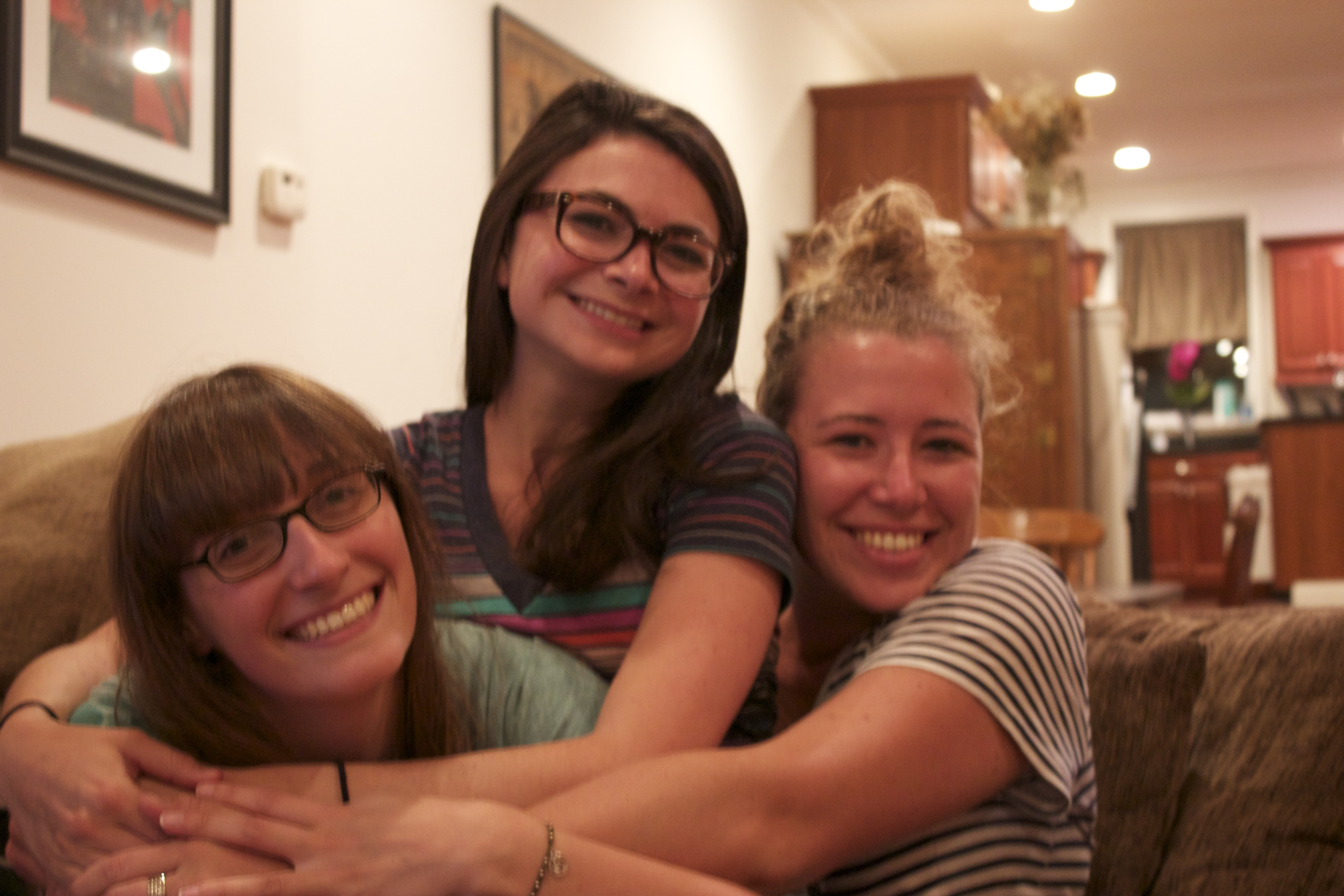 Left to Right - Emily, Alessa, Annie
Left to Right - Emily, Alessa, Annie
Emily Silverman, Alessa Colaianni, and Annie van Beuningen are members of the Johns Hopkins School of Medicine class of 2014. They are also the creative genius behind the viral video "Shit Med Students Say" and are the reason I now ask all my patients if they have bombastic diarrhea.
They where nice enough to take some time out and answer some questions about surving med school with a sense of humor.
_________________________________________________________________________________
I thought Hopkins was a place for serious students, the who's who of serious gunners, how are you guys so funny and laid back?
EMILY: I don’t know about gunners. But we are nerds. For instance, I’ve had no trouble finding classmates who share my love for Ocarina of Time and Battlestar Galactica.
ALESSA: Oh, that thing about Hopkins being the who's who of gunners is a total myth. Ha ha ha (dismissive/uncomfortable laugh). Now if you'll excuse us, we have to go print out decoy notes with mistakes on them to throw our classmates off our knowledge trail. Right after we cure cancer in our secret labs.
ANNIE: Because the gunners here are great fodder for comedy.
How did you guys get the idea for the movie?
EMILY: When “Shit Girls Say” came out, it just seemed like a given.
ALESSA: We all loved "Shit Girls Say" and Em texted me during class suggesting that we make one for med students. We spent the rest of the class writing a script via text message.
ANNIE: We're bad med students and do things like watch every rendition of "Shit Girls Say" on YouTube rather than study the ins and outs of pseduopseudohyperaldosteronism.
How do you guys find time for this type of hobby in medical school?
EMILY: Before starting med school, I promised myself I would find a way to keep my creative side alive. Making videos is a fun way to do that, especially when you have hilarious friends like Annie and Alessa.
ALESSA: It keeps me sane. You can spend every second of your time studying during med school and still not feel like you're learning enough, and eventually you get to the point where you don't feel like a person anymore. That's not healthy. For me, it's been important to cultivate my non-medical interests as a way of staying human.
ANNIE: Studying all the time is just not feasible for me. I get to a point where I'm no longer productive or actually remembering what I'm trying to learn. Keeping up with other hobbies is a great way to break up the studying routine.
What are your medical interests?
EMILY: The only rotation I’ve done so far is pediatrics, and I loved it. But who knows. One thing I know for sure is I want to be involved in medical education. We’ve had such excellent teaching here at Hopkins, and I want to be a part of it someday.
ALESSA: I have no idea. I like everything.
ANNIE: I change my mind all the time. Right now I'm still at the point where everything is interesting to me.
Any plans for future projects?
EMILY: I’m sure we’ll make something again when inspiration strikes. As for the long term, I’d love to incorporate the arts into my career somehow. If anyone has any bright ideas, let me know!
ALESSA: Nothing in the works right now, but if you ever need someone to do voice-acting or weird accents, please call me. I’m not kidding.
Now that you finished your first two years in Medicine what do you wish you would have known before you began?
ALESSA: Turns out all those viral structures I ignored during pre-clinicals are super- important for Step 1… womp womp…
EMILY: Take notes on your laptop! Then, when it’s time to study for boards, you can Ctrl + F all the stuff you’re confused about. Brings back memories. Plus you’ll have the notes forever. ANNIE Pay attention to the acid/base disorder lectures during renal - lots of people actually have these. And CHF. Learn about CHF.


 1 Uncommon Comment
1 Uncommon Comment
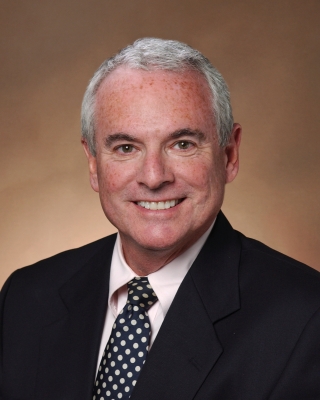

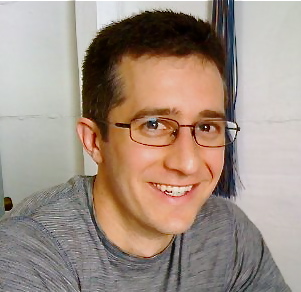

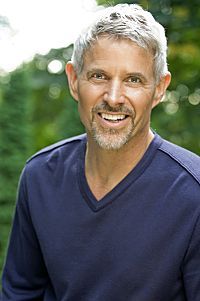
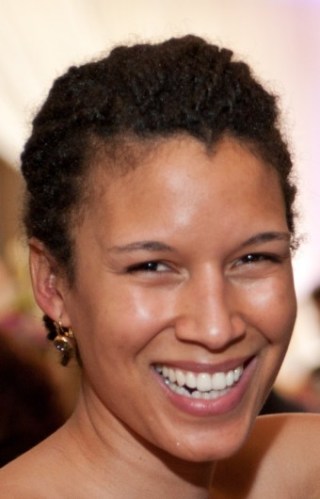
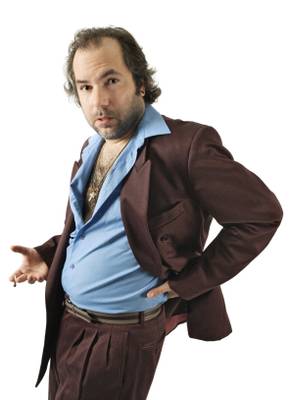


"I wouldn't do it twice, but I would not 'not' do it once."
- ZDoggMD